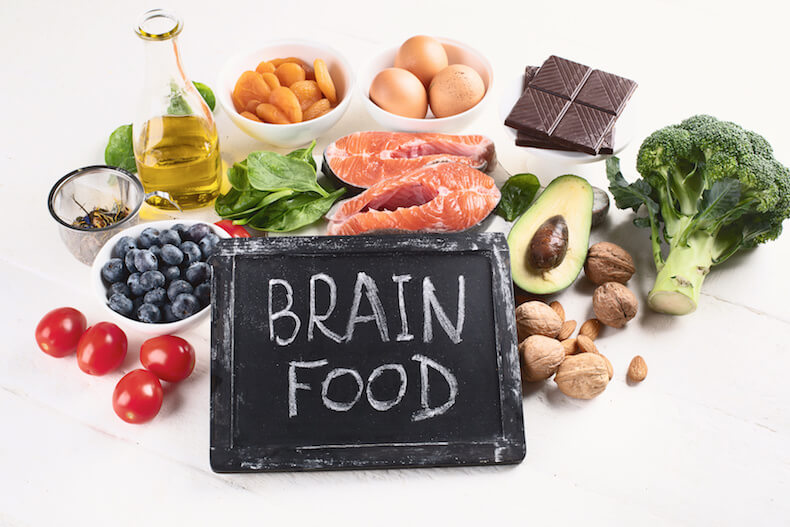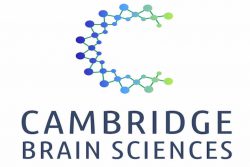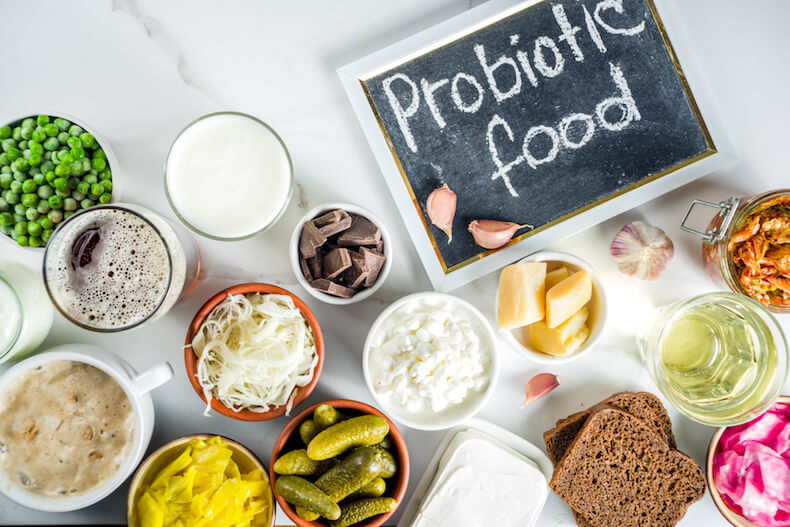Are you glass half full or half empty? It might sound like a slightly odd question but it’s one that I ask my nutrition clients in their initial 90-minute nutrition consultation. Do you generally have a positive or negative outlook on life? The answer provides just one of a series of ‘compass readings’ which help guide me down the various vitamin, mineral and disease pathways on every client’s individual health road map. Depending on the answer, I might ask other questions, such as ‘do you hoard or throw away?’, and ‘do you find yourself thinking about the past, or more about the present or the future?
These questions are helpful for the purpose of differential diagnosis: are you just feeling a bit down at the moment or are you suffering from depression? And, if it is depression, how severe is it, and might it be symptomatic also of another health condition? Is it a symptom of mental health, or is it more of an emotional symptom, or is it a combination of both?

Various emotional, physiological, mental, nutritional, environmental and lifestyle factors contribute to the rich fabric of your health, and YOU as an individual. That’s why it’s so important to consider symptoms within the context of the whole person, not in isolation. Nowadays, I see more and more people prescribed antidepressants for symptoms not even related to depression. And yet, antidepressants can disrupt gut health and studies show that the ‘Gut/Brain Axis’ is integral to preventing anxiety and depression. So the vicious circle starts, but this is where nutritional interventions can help.
A recent study found that persistently engaging in negative thinking patterns may raise the risk of Alzheimer’s disease. The study published in Alzheimer’s & Dementia, found that people who exhibited higher repetitive negative thinking (RNT) patterns experienced more cognitive decline over a four-year period. They also experienced declines in memory (an early sign of Alzheimer’s disease), and they were more likely to have amyloid and tau deposits in their brain.

About the Alzheimer’s and Dementia Study
For the Alzheimer’s Society-supported study, the research team from UCL, INSERM and McGill University studied 292 people over the age of 55 who were part of the PREVENT-AD cohort study, and a further 68 people from the IMAP+ cohort. Over the course of two years, the study participants responded to questions about how they typically think about negative experiences, focusing on repetitive negative thinking patterns like rumination about the past and worry about the future. The participants also completed measures of depression and anxiety symptoms. They assessed cognitive function, measuring memory, attention, spatial cognition, and language. Some (113) of the participants also underwent PET brain scans, measuring deposits of tau and amyloid; these two proteins cause the most common type of dementia, Alzheimer’s disease, when they build up in the brain.
Positive Findings
The study found depression and anxiety were associated with subsequent cognitive decline but not with amyloid or tau deposition. Thus suggesting that chronic negative thinking could be the main reason why depression and anxiety contribute to Alzheimer’s disease risk.
The researchers say RNT should now be further investigated as a potential risk factor for dementia. And that psychological tools, such as mindfulness or meditation, should be studied to see if these could reduce dementia risk.
“Depression and anxiety in mid-life and old age are already known to be risk factors for dementia. Here, we found that certain thinking patterns implicated in depression and anxiety could be an underlying reason why people with those disorders are more likely to develop dementia.” Said Lead author Dr Natalie Marchant (UCL Psychiatry).
“Taken alongside other studies, which link depression and anxiety with dementia risk, we expect that chronic negative thinking patterns over a long period of time could increase the risk of dementia. We do not think the evidence suggests that short-term setbacks would increase one’s risk of dementia.”
The researchers suggest that RNT may contribute to Alzheimer’s risk via its impact on indicators of stress such as high blood pressure. Other studies have found that physiological stress can contribute to amyloid and tau deposition.
“Taken alongside other studies, which link depression and anxiety with dementia risk, we expect that chronic negative thinking patterns over a long period of time could increase the risk of dementia. We do not think the evidence suggests that short-term setbacks would increase one’s risk of dementia.” Says Dr Marchant.

“Our thoughts can have a biological impact on our physical health, which might be positive or negative. Mental training practices such as meditation might help promoting positive while down-regulating negative-associated mental schemes.” Said co-author Dr Gael Chételat (INSERM and Université de Caen-Normandie)
“Looking after your mental health is important, and it should be a major public health priority, as it’s not only important for people’s health and well-being in the short term, but it could also impact your eventual risk of dementia.”
The researchers hope to find out if reducing RNT, possibly through mindfulness training or targeted talk therapy, could in turn reduce the risk of dementia.
I wish the researchers every success in the next phase of their study. I’m so delighted that more research is going into adopting a more multi-therapeutic, holistic approach to treating and preventing Alzheimer’s and Dementia. Of course, we live in particularly testing timings with Covid, but the advice to stay positive is a good prescription for us all.
To book an online Cambridge Brain Sciences Health Assessment and an in-depth nutrition consultation with Charlotte Fraser, contact: enquiries@naturopathic-nutrition.com.








